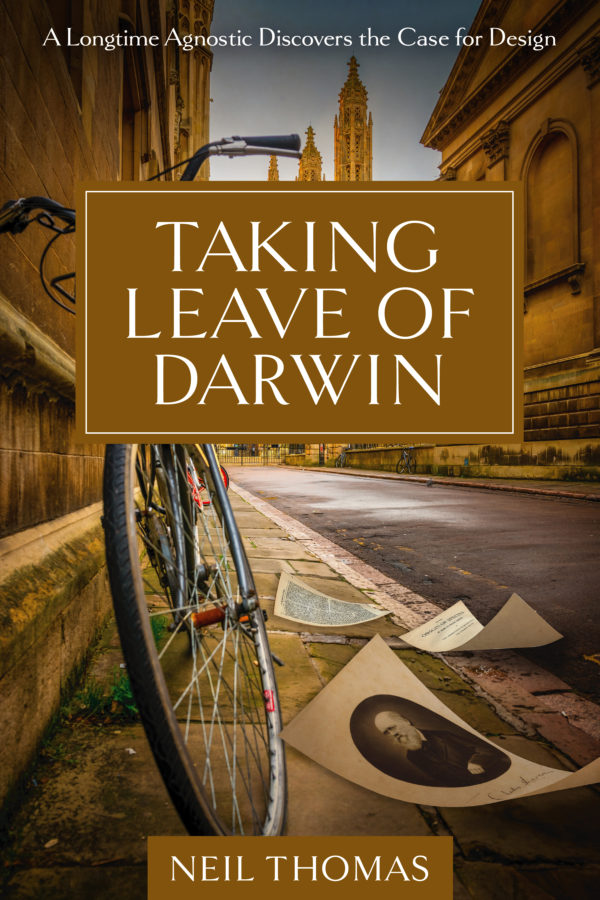
British humanities prof Neil Thomas, author of Taking Leave of Darwin (2021), explains:
After seeing my recent book through to publication, I began to experience the gnawing feeling that, although I had undoubtedly given it my best shot, I had not completely “nailed” the puzzling phenomenon of just why the Western world had come to accept ideas of evolution and natural selection which I personally had come to see as little but Victorian fables or, more politely phrased, cosmogenic myths for a materialist age. I therefore decided to embark on a companion volume, provisionally titled False Messiah: Darwin’s Origin of Species as Cosmogenic Myth. Here I will make the attempt to drill down even further to the root causes of what appeared to be the Western world’s unprecedented rejection of tried-and-tested philosophers and scientists such as Aristotle, Cicero, Plato, and the physician Galen in a strange capitulation to “out there” philosophic fantasists like Epicurus and his Roman disciple, Lucretius.
Neil Thomas, “How I Came to Take Leave of Darwin: A Coda” at Evolution News and Science Today (November 15, 2021)
Darwin came along and made it all sound like… modern science!
That makes a lot of sense. The best way to understand Darwinism is as the creation myth of naturalism: Nothing Randomly Produced Things That Don’t Matter. And Thinking About It Is an Illusion. So Trust the Science.
You may also wish to read: Privileged Address: An excerpt from Neil Thomas’s Taking Leave of Darwin